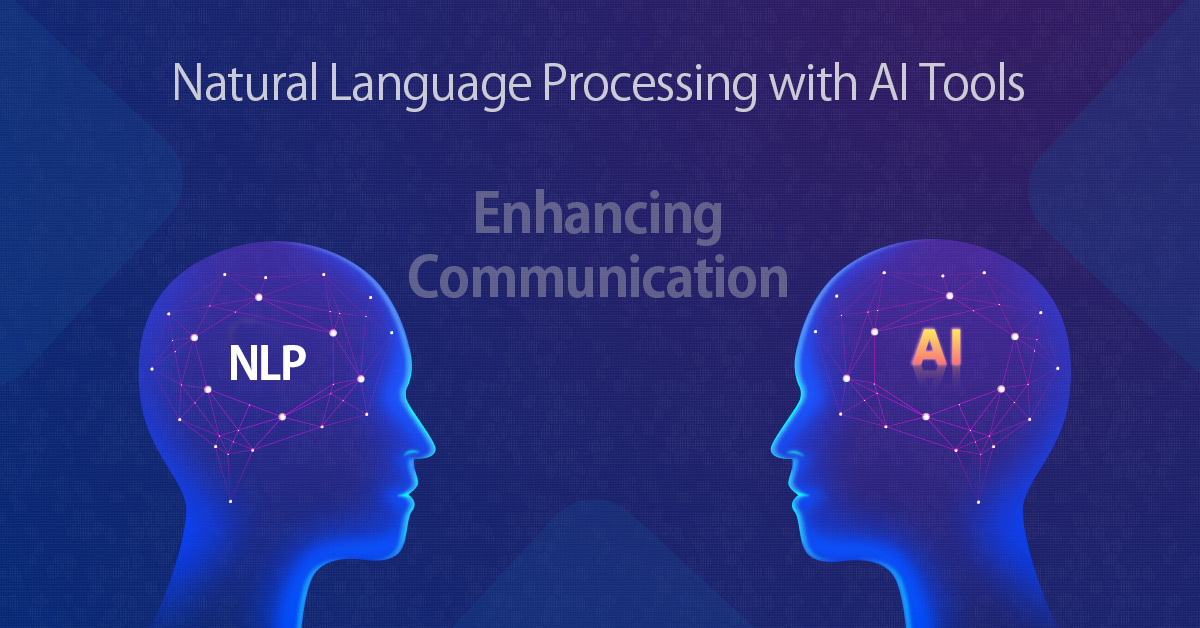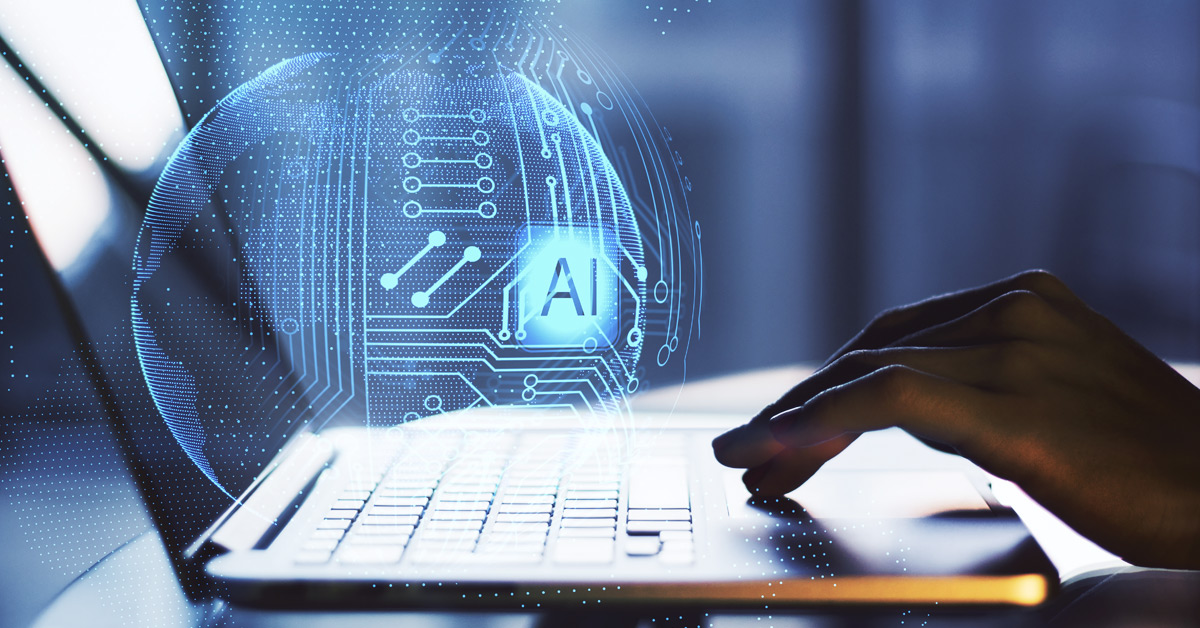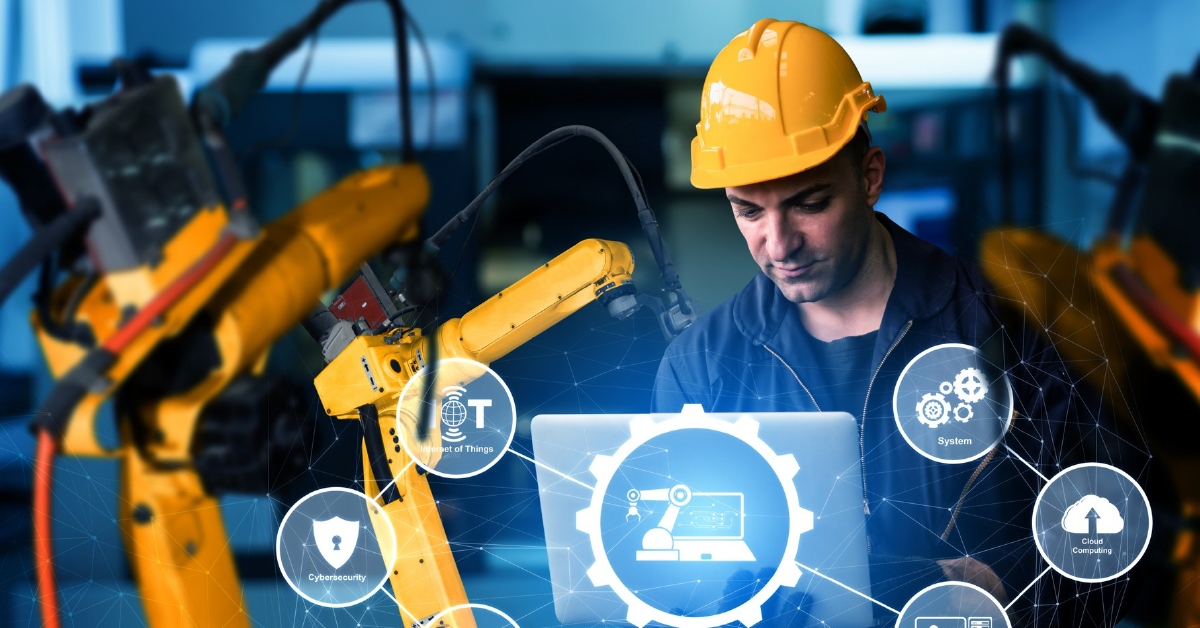Enhanced Automative Industry Powered by Aritificial Intelligence
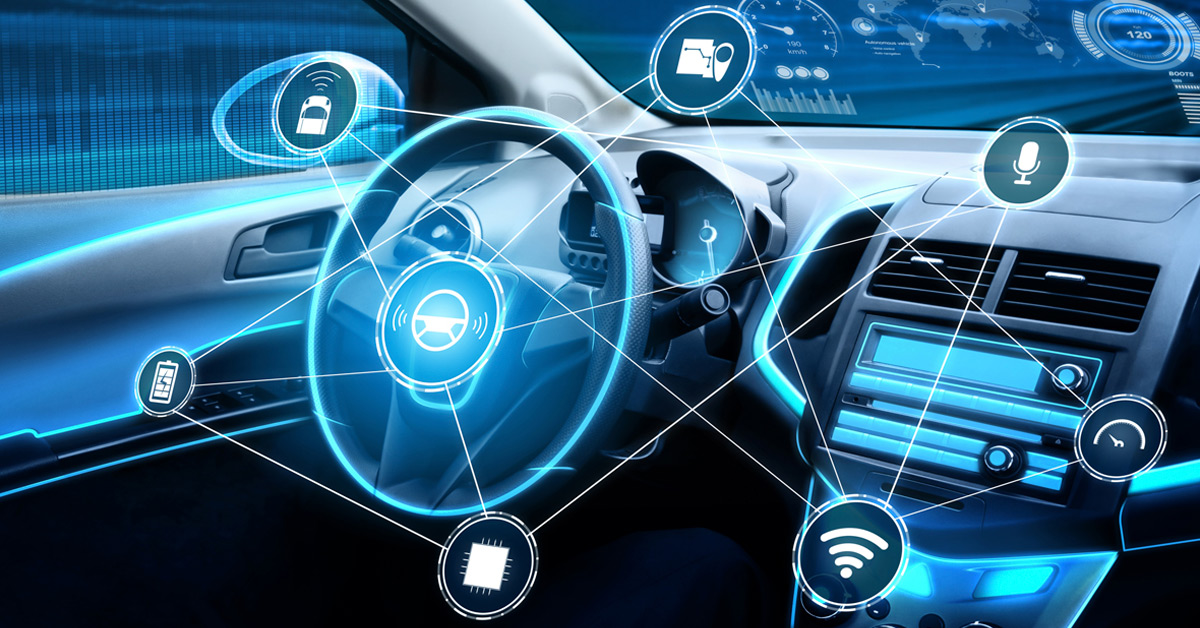
6 min read
The automotive industry has been greatly impacted by the rapid advancement of artificial intelligence technologies in recent years. AI automation and AI applications have completely transformed how cars are made, run, and maintained. AI technology significantly promises to enhance safety, efficiency, and the customer experience in various applications, including autonomous vehicle development and refined driver support systems. We take this as a platform to examine the new wave of AI applications in the automotive industry. It explores their innovative impact on the way we think about transportation.
What is the Impact of AI on the Automotive Industry?
Significant advancements and developments have been brought about by the automotive industry’s adoption of AI technology. The creation of autonomous vehicles is among the most significant effects. Self-driving cars are transforming transportation with AI-powered cameras, algorithms, and sensors. These technologies enable them to identify impediments, navigate traffic, and make decisions instantly.
Additionally, these applications have improved vehicle safety. Advanced driver assistance systems, such as lane-keeping assist, adaptive cruise control, and automated emergency braking, use artificial intelligence algorithms. These algorithms evaluate data to help drivers avoid accidents. In addition to lowering the chance of collisions, this gives passengers and drivers peace of mind.
Virtual assistance has increased the efficiency of the automobile sector. Robots and automation systems driven by AI can help manufacturers optimize their production processes. This optimization leads to increased productivity and fewer errors in manufacturing. These systems can evaluate vast volumes of data in real-time. This capability makes it possible to make better decisions and more accurate forecasts in fields such as predictive maintenance, supply chain optimization, and inventory management.
How does Enhancing Safety and Efficiency with AI Applications Work?
Improving efficiency and safety is a major objective of applying AI technology in the automotive sector. Modern cars now come equipped with refined driver-aid systems. These technologies help drivers prevent collisions and maintain a safe driving environment. AI systems can make snap decisions that assist in avoiding collisions, providing drivers and passengers with peace of mind. It is achieved by analyzing data in real-time.
The implementation of an AI model has significantly enhanced the efficiency of the production process in the automobile industry. Manufacturers may streamline their manufacturing processes increase efficiency, and decrease errors by utilizing AI-powered robots and automation systems. AI has improved factory floor efficiency by bringing speed and precision to activities like quality control and assembly line work. AI algorithms can process and analyze significant volumes of data rapidly, enhancing decision-making and forecast accuracy. This is particularly beneficial in fields such as predictive maintenance, supply chain optimization, and inventory management. By utilizing AI, automobile manufacturers may increase process efficiency overall, reduce downtime, and streamline operations.
How does AI Technology Transform the Driving Experience?
Artificial intelligence increases efficiency and safety in the automotive sector and changes the driving experience. The development of artificial intelligence-based automotive applications makes cars smarter, more user-friendly, and gives drivers a customized experience.
Creating virtual assistants in cars that AI drives is one of the most amazing advancements. These virtual assistants can understand and respond to voice commands with the use of machine learning and natural language processing algorithms. They enable drivers to perform a variety of automotive operations without taking their hands off the wheel or their eyes off the road. With the help of these virtual assistants, you can easily control the temperature and change the music without using your hands.
Intelligent infotainment systems are also being made possible by AI technology. With time, these systems may figure out what kind of entertainment the driver prefers and adjust the alternatives accordingly. These systems can recommend nearby eateries or attractions and make personalized music playlist recommendations. They can even deliver real-time traffic updates to improve the driving route by evaluating the driver’s browsing history, listening preferences, and location.
Furthermore, with the development of autonomous or self-driving vehicles, AI is improving the driving experience. These cars can sense and react to their surroundings, manoeuvre through traffic, and make intelligent driving decisions through AI algorithms and sensors. This technology can completely transform transportation by lowering the number of accidents brought on by human mistakes and relieving traffic. Additionally, it provides mobility to people who cannot drive.
What are the AI-driven Innovations in Vehicle Manufacturing?
The impact of AI in automotive industry goes beyond just the driving experience. It has also transformed manufacturing, making it more efficient, cost-effective, and sustainable. AI-powered robots and automation have significantly improved productivity and precision in vehicle assembly lines.
With machine learning algorithms, AI can analyze vast amounts of data to optimize manufacturing processes, identify potential bottlenecks, and predict equipment failures. It allows manufacturers to streamline production, reduce downtime, and minimize waste. AI can even make real-time adjustments to optimize energy consumption, helping to reduce the environmental impact of vehicle manufacturing.
Additionally, AI has changed the way the industry handles quality control. AI algorithms can identify irregularities and flaws in manufacturing processes using machine vision systems, ensuring that only premium cars are manufactured. Recalls and warranty claims are decreased in addition to raising customer satisfaction.
We may anticipate more productivity, better quality, and more environmentally friendly procedures as the automotive sector continues to adopt AI-driven advancements in the production of automobiles. AI technology and conventional manufacturing methods together have the power to completely transform the car industry and usher in a new age of automotive manufacturing.
Resolving Issues and Difficulties with the Industry’s Adoption of AI
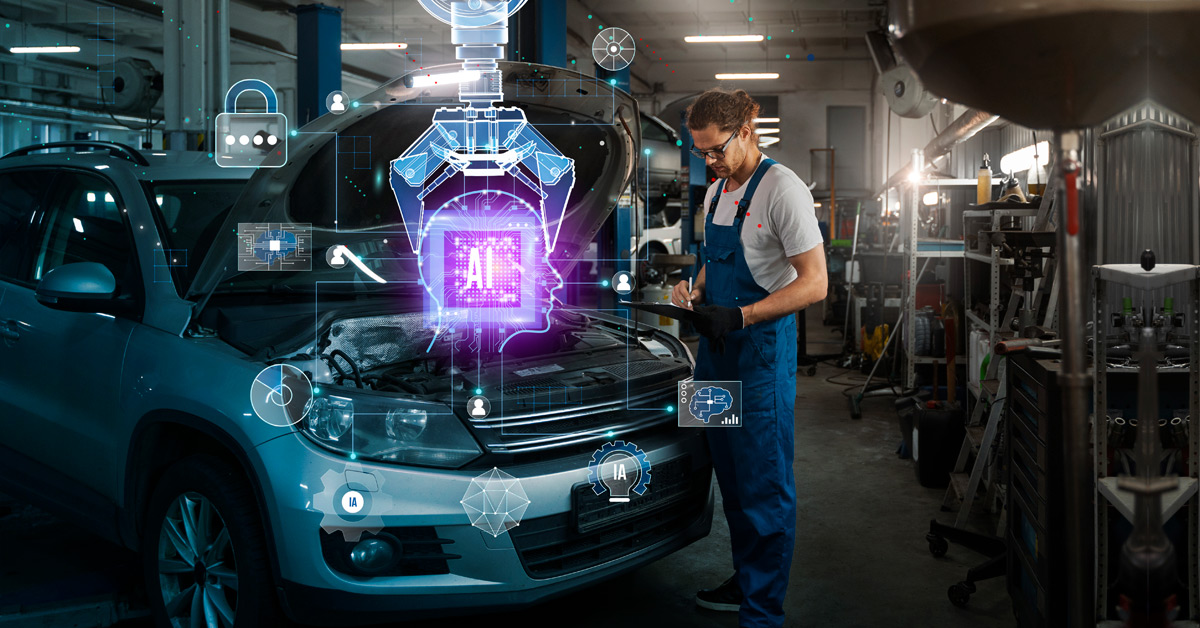
Although AI applications have completely changed the automobile sector, issues and worries must be resolved to ensure a seamless rollout of this technology.
One of the significant challenges is the need for expert AI professionals who can adeptly design, install, and oversee AI systems in the sector. There is an increasing need for engineers, data scientists, and technicians with specific knowledge in AI and machine learning as AI is incorporated into manufacturing processes. Businesses must fund training initiatives and collaborations with academic institutions to close this talent gap.
Concerns about security and privacy are also paramount when it comes to the deployment of AI. Large-scale data collection and analysis by AI systems raises serious concerns about data privacy and cyber threat protection. Automakers must implement strong cybersecurity safeguards to safeguard sensitive information, followed by stringent data protection legislation.
Potential job displacement brought on by automation is another issue. Automating tasks and robots with AI capabilities boost output and efficiency, but there is worry that this could result in job losses in the sector. Companies must proactively prepare for the possible effects of AI on their workforce and offer opportunities for people to retrain and advance their skills to facilitate a seamless transition.
The ethical issues about AI applications in the automobile sector must also be considered. It is imperative to closely monitor and regulate issues related to transparency, accountability, and bias in AI decision-making systems. The manufacturers must ensure that safety, equity, and moral principles are prioritized in creating AI systems.
By addressing these issues head-on, the automobile industry can optimize the potential of AI technology while ensuring sustainable and responsible adoption. AI can drastically change a sector, increase productivity, and open up brand-new avenues for development and creativity when used properly.
The prospects of AI in the Automotive Sector
Artificial Intelligence’s prospects in the automotive industry appear bright. We may anticipate AI applications to play an even larger part in the sector in the upcoming years due to technological developments and rising R&D expenditures.
Autonomous driving is one area where artificial intelligence is anticipated to have a major impact. AI-powered self-driving vehicles have the potential to revolutionize transportation by increasing its efficiency, safety, and convenience. In this area, businesses like Google, Uber, and Tesla are already making great strides; shortly, we should anticipate more developments.
The industrial process will also continue to be altered by AI. Automation and robots with AI capabilities can lower costs, increase quality control, and streamline production. It can assist manufacturers in remaining competitive in an ever-evolving market by processing large amounts of data and optimizing operations in real-time.
Furthermore, AI has the potential to improve customers’ entire driving experience. AI can improve the usability and intuitiveness of automobiles, from intelligent voice assistants to individualized in-car entertainment and navigation systems. Natural language processing and computer vision advances have made it possible for artificial intelligence to understand and react to human orders and gestures, resulting in a smoother and engaging driving experience.
AI can also help make the car sector greener. AI can aid in creating environmentally friendly and sustainable automobiles by maximizing fuel efficiency, controlling energy usage, and lowering pollutants. It is consistent with the worldwide movement to protect the environment and lower transportation’s carbon footprint.
Conclusion
The automotive sector is about to enter a new age, as AI applications can potentially transform a number of its operations completely. AI has enormous potential to change the automotive industry, from autonomous driving to manufacturing procedures and the driving experience. Shortly, we should anticipate even more innovation and advancement by corporations like Google, Uber, and Tesla setting the example.
However, all parties involved in the automobile sector must embrace AI and its promise for this revolution to materialize fully. Manufacturers must spend money on research and development to improve AI technology and easily incorporate it into cars. To facilitate the safe and responsible use of AI in the automobile industry, frameworks must be put in place, and this is where policymakers and regulators come in.
Undoubtedly, many obstacles need to be addressed, such as worries about cybersecurity and safety, but the use of AI in the automobile sector has a bright future. By embracing this new era of AI applications, we can open up a universe of possibilities and provide the foundation for a more inventive, efficient, and sustainable future.
Published: January 5th, 2024

